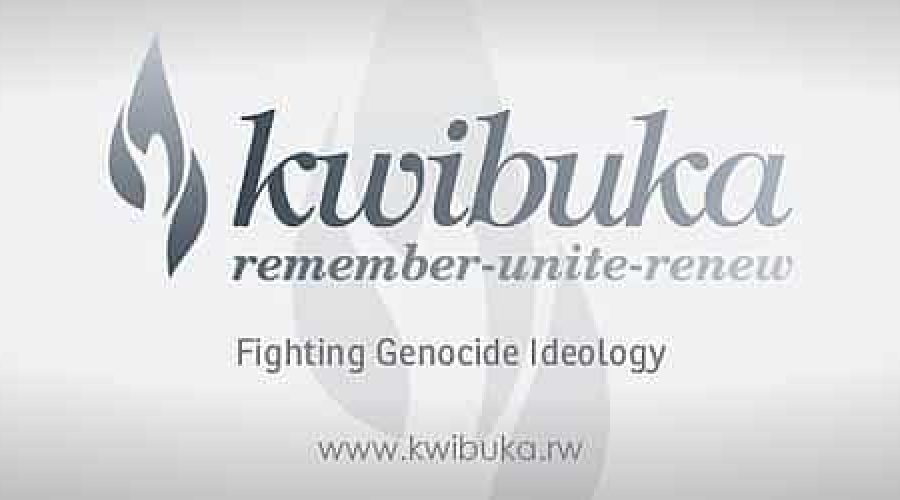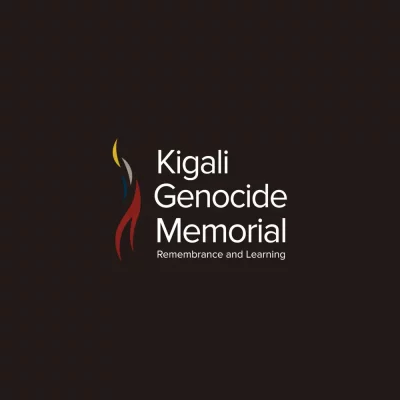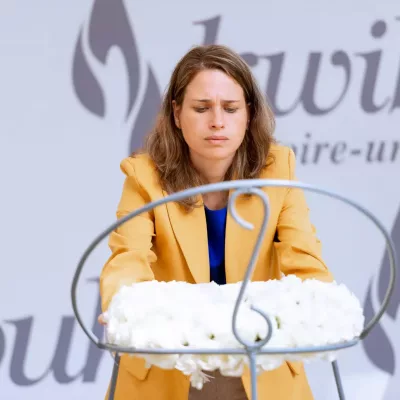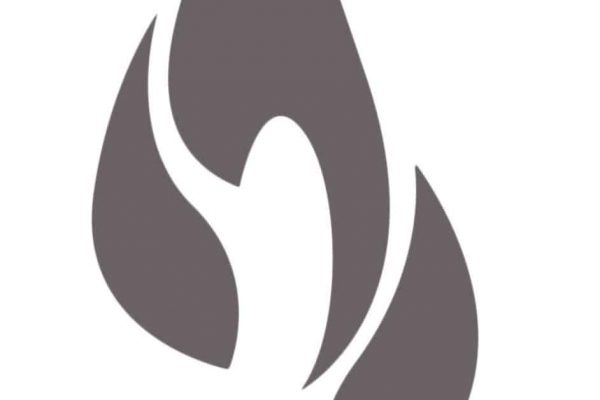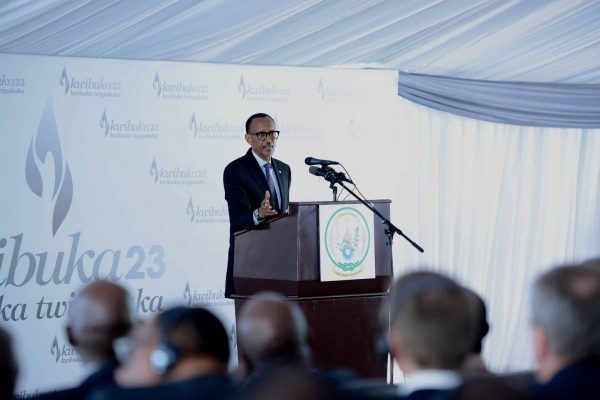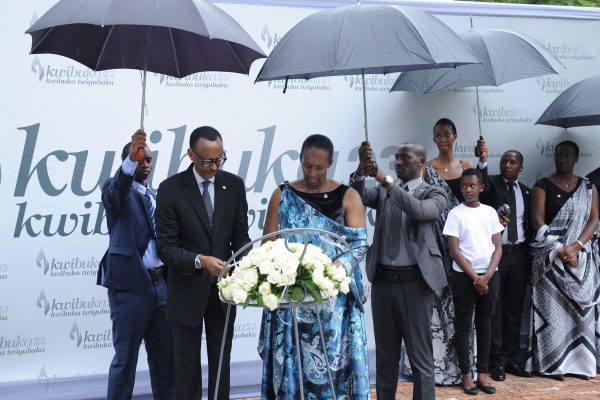An information note for media partners:
As we commemorate the Genocide against the Tutsi through Kwibuka22, the Kigali Genocide Memorial will be hosting several remembrance and learning events. Therefore, we would like to give you information that could be useful for you when you are reporting on the work of Kigali Genocide Memorial and remembrance during the 100 days of mourning.
Media Contact
Your point of contact is Didier Rutagungira, Kigali Genocide Memorial Communications Officer. You can contact Didier on:
- Email: media@kgm.rw
- Phone/WhatsApp: +250 788 559 287
Didier is available to facilitate your visit to the memorial and schedule interviews with guides, survivors, visitors and the memorial’s education team. He is also able to provide you with images and footage that can be used in your reporting. Please direct all media enquires to Didier and contact him before visiting the memorial. Media enquires related to the National Commemoration at the memorial on 7 April 2016 should also be directed to media@kwibuka.rw.
Videography/Photography
Media outlets require permission from the relevant Government of Rwanda institution before filming or taking photos at the Kigali Genocide Memorial. There is no fee for media to film or take photos, however we welcome a donation to support the work of the memorial. Please contact Didier Rutagungira for further information.
Resources
- Kigali Genocide Memorial Website
- Kwibuka Photos
- Kwibuka Videos
- Photos of the Kigali Genocide Memorial
- Photos of the work of the memorial
- Video of the work of the memorial
- Genocide Archive of Rwanda website
- Kwibuka Website
- National Commission for the Fight against Genocide Website
Please credit the appropriate institution when using their photos or videos.
About the Kigali Genocide Memorial
The Kigali Genocide Memorial includes three permanent exhibitions, the largest of which documents the 1994 Genocide against the Tutsi. There is also a children’s memorial and an exhibition on the history of genocide around the world. The education centre, gardens, and burial place contribute to a meaningful tribute to those who perished, and provide a powerful educational experience for visitors. When visiting, guests can pay their respects to victims of the Genocide by laying a rose on the mass graves where more than 250,000 people are buried. The memorial is run by the Aegis Trust on behalf of the National Commission for the Fight against Genocide.
The Kigali Genocide Memorial is open everyday from 8am – 5pm, with last entrance at 4pm. The memorial opens at 1pm on the last Saturday of each month, after Umuganda. On the morning of Thursday 7 April 2016, the memorial will be closed for the National Commemoration. Please follow @Kigali_Memorial for confirmation of the time of opening after the commemoration.
About the Genocide Archive of Rwanda
The memorial is also home to the Genocide Archive of Rwanda. The archive is the world’s largest collection of documents, artifacts and testimonies related to the Genocide against the Tutsi. It is a collaborative project of the Kigali Genocide Memorial, Aegis Trust, and Rwanda’s National Commission for the Fight against Genocide.
Memorial Guestbook
During the 100 days of Kwibuka, we invite everyone to leave a message in the memorial’s digital guestbook as a way to remember the victims and show support to survivors. You can leave your message in the guestbook here.

